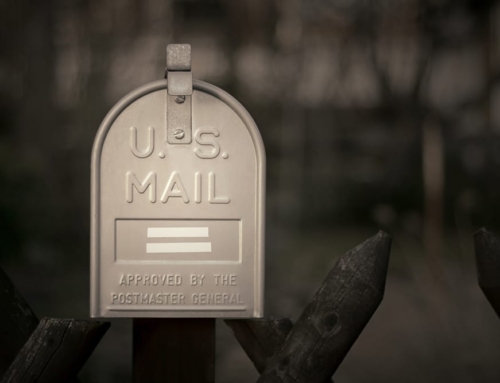When a home equity line of credit (HELOC) stops a person from refinancing, they should pay off or pay down the HELOC so they can refinance.
Q: I recently attempted to do a FHA streamline refinance and was denied because I have a home equity line of credit (HELOC) that is maxed out. The lender told me that because of the HELOC, the streamline refinance would require an appraisal. And given that the house is underwater, I would not be able to do it.
My wife and I have increased our income this year by about 30 percent, and we have credit scores over 710. Is there any help for us to refinance this? Our HELOC is on an interest only with a variable rate and I am worried.
My plan right now, if there is no other option, is to pay down the HELOC as much as possible before rates go up, and then attempt again to do a refinance. Am I doing the right thing?
A: Everybody thought they were doing the right thing during the boom real estate years by getting a first mortgage on their homes at 80 percent of their home’s value and then getting an equity loan for up to the balance of their equity in their home.
Now those equity loans are coming back to haunt homeowners. As real estate home values have plummeted, homeowners’ equity loans are keeping them from selling or refinancing and moving forward.
If homeowners are trying to sell a home as a short sale, they will need to negotiate that short sale with not only their first lender but also their equity lender.
First lenders have become more willing to allow short sales to go forward and the federal government has incentives in place to encourage them to move through the many requests for short sales around the country. Now, however, second lenders who catch a whiff of cash in the negotiation of the release of these liens are taking a tougher stance.
Many new lenders don’t want to refinance a first loan unless the second lender is willing to negotiate and either release the lien or stand behind the first lender in a foreclosure. It’s at this point that the equity lender might request something in return for a allowing the homeowner to refinance their loan.
That’s why you’re having so much trouble. The incentives still aren’t lined up in your favor.
As we’ve stated before, the equity loan changes the dynamics of the situation. If your HELOC loan balance is small, you may be able to save enough money to pay the loan off and still qualify for a refinancing later on, provided the rules for refinancing don’t change along the way.
On the bright side, we don’t foresee interest rates rising in the near future. You probably have some time to pay down the equity loan and still benefit from these historically low interest rates. The Federal Reserve expects interest rates to stay extremely low into 2014.
Of course, your current HELOC interest rate might also be extremely low. Before the housing bubble burst, some lenders offered HELOCs at a rate of up to one percent below the prime rate. Now lenders are offering HELOCs at a couple of points above the prime rate.
The prime rate is a rate that lenders’ use to describe what they are willing to lender to their “better” or prime customers. It may not be the best rate they offer, but it’s somewhat of a standard in the industry and you can even look up the “prime rate” online and see what it is in the Wall Street Journal.
The prime rate now is 3.25 percent. You can look at your HELOC documents to see if your current interest rate is lower or higher than 3.25 percent. If you are around that number, your rate is pretty good on a historical basis.
The bottom line is if you can’t refinance, you should do whatever you can to put yourself in a position where refinancing is possible, including paying down or paying off your HELOC.
Good luck.






[…] to do a FHA streamline refinance and was denied … … Here is the original post: Refinancing with HELOC ← On the Internet Personal Loans – How Gordon Brown Made It – […]
[…] they should pay off or pay down the HELOC so they can refinance. … See more here: Refinancing with HELOC ← 9 Tips on Applying for a Second Mortgage | Online Advising System […]